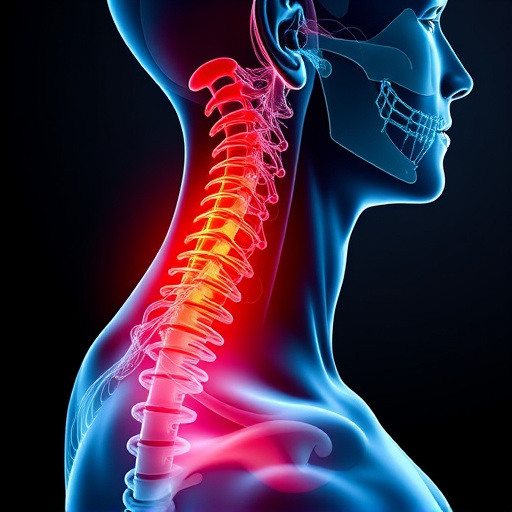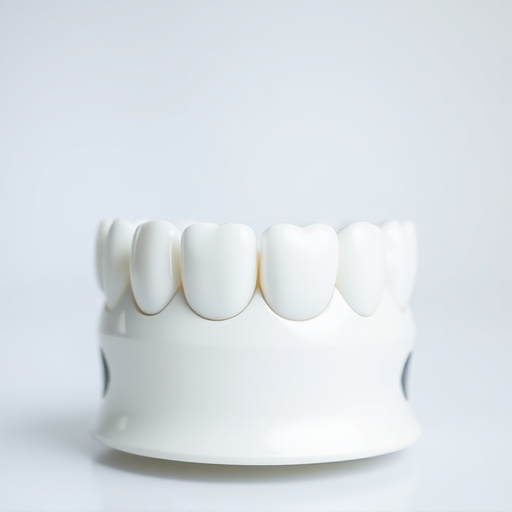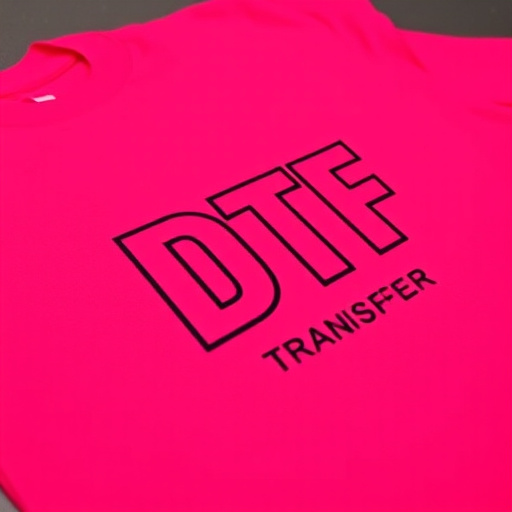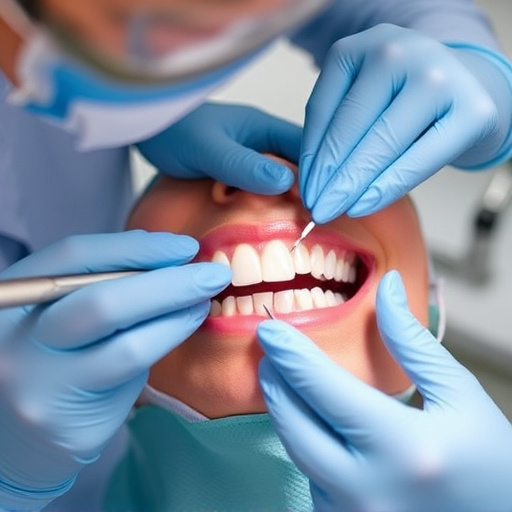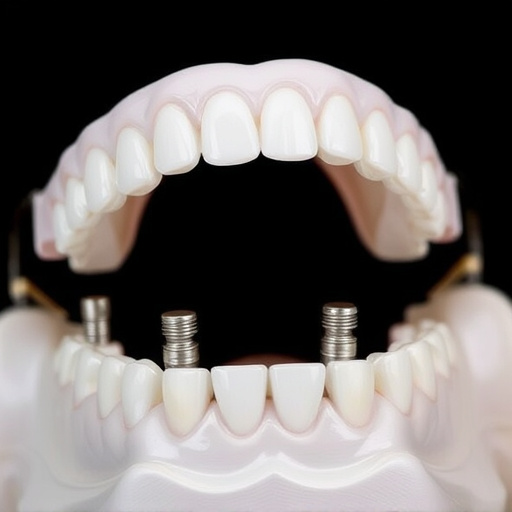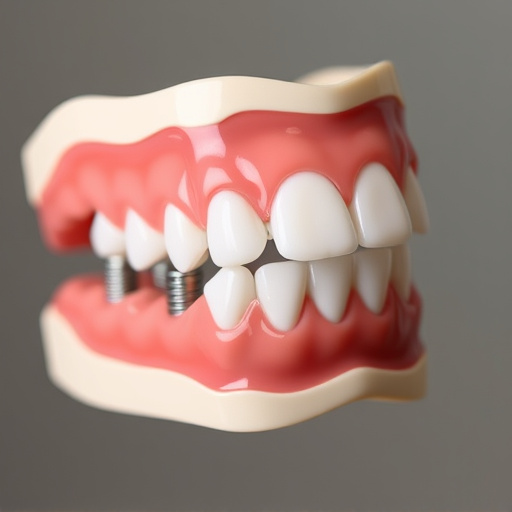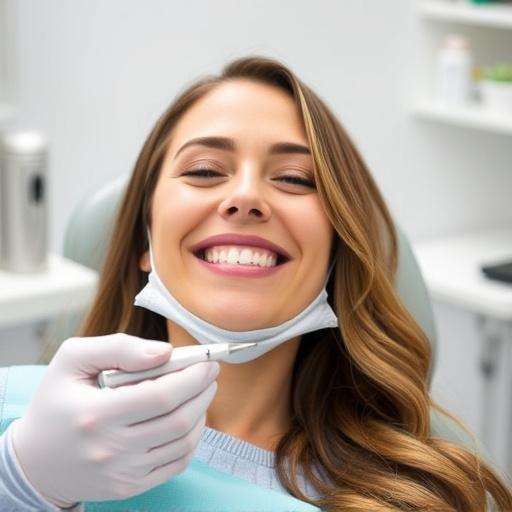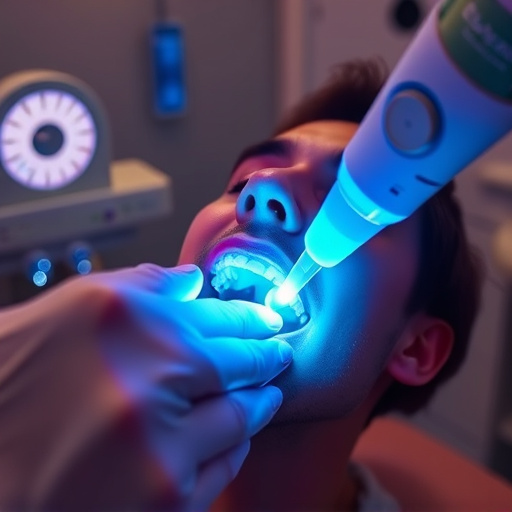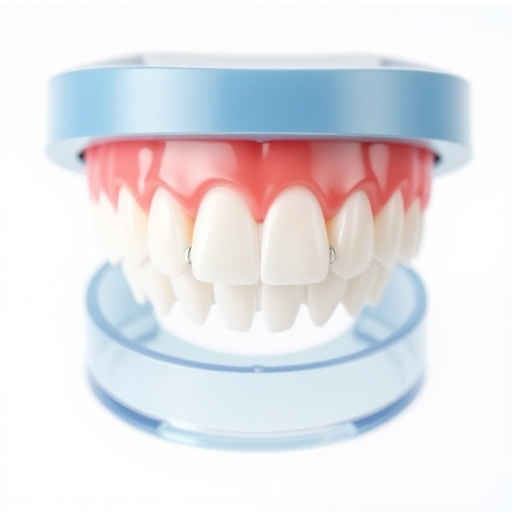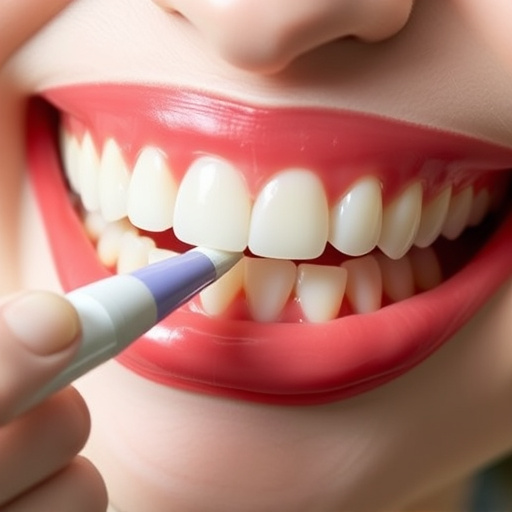Sleep apnea, affecting all ages, disrupts sleep and carries severe consequences. Traditional treatment includes CPAP machines, while dental interventions like clear aligners offer alternatives. Modern options like mandibular advancement devices and restorative dentistry provide innovative solutions, addressing diverse needs for effective sleep apnea management.
Sleep apnea is a common yet often overlooked condition affecting both adults and children, characterized by pauses in breathing during sleep. This disruptive sleep disorder not only impacts overall health but also daily functioning. In this article, we explore comprehensive solutions for managing sleep apnea. From understanding its causes and effects to traditional treatments and modern innovations, discover effective strategies to improve sleep quality and overall well-being for all ages. Leverage evidence-based practices, including behavioral changes and advanced technologies, to overcome sleep apnea and reclaim restful nights.
- Understanding Sleep Apnea: Causes and Effects
- Traditional Treatments for Effective Relief
- Modern Approaches: Innovative Solutions for All Ages
Understanding Sleep Apnea: Causes and Effects
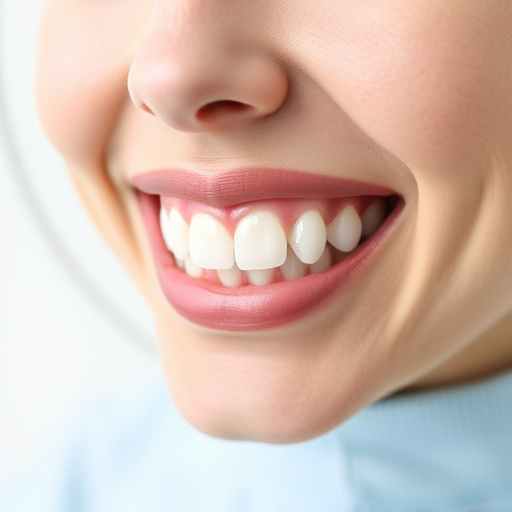
Sleep apnea is a common yet often undiagnosed sleep disorder that affects people of all ages, from adults to children. It occurs when the breathing is temporarily blocked during sleep, leading to pauses in breathing or shallow breaths. These interruptions can happen multiple times each night, disrupting the natural sleep cycles and leaving individuals feeling tired and fatigued during the day.
The causes of sleep apnea are varied. In adults, it often stems from factors like excess weight, narrow airways, or relaxed throat muscles. Children may experience sleep apnea due to developmental issues, enlarged adenoids or tonsils, or underlying medical conditions. The effects of this disorder can be severe, including increased risk of cardiovascular problems, cognitive impairment, and even behavioral changes. A comprehensive dental care approach, sometimes involving clear aligners or general dentistry services, can play a crucial role in managing sleep apnea by addressing oral structures and improving overall breathing health.
Traditional Treatments for Effective Relief

For many years, traditional sleep apnea treatment options have relied on devices that help keep the airway open during sleep. The most common and effective among these is the Continuous Positive Airway Pressure (CPAP) machine. This device gently blows air into the lungs through a mask, maintaining an open airway and preventing pauses in breathing. CPAP therapy has been proven to significantly reduce symptoms of sleep apnea, improving both quality of sleep and overall health.
In addition to CPAP machines, dental interventions are another crucial traditional treatment for sleep apnea. Dental cleanings and consultations with a family dentistry or cosmetic dentistry professional can play a vital role in managing the condition. Custom-fitted oral appliances, such as mouthguards or mandibular advancement devices, can help reposition the jaw and keep the airway open during sleep. These treatments offer alternative solutions for those who find CPAP machines cumbersome or prefer more discreet options.
Modern Approaches: Innovative Solutions for All Ages
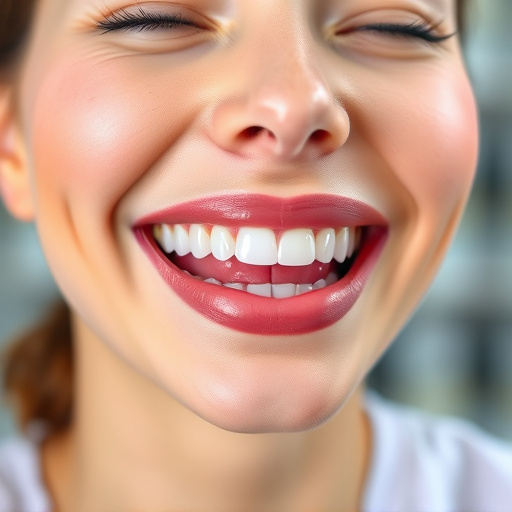
In recent years, modern approaches to sleep apnea treatment have emerged, offering innovative solutions for both adults and children. These advancements go beyond traditional methods, such as continuous positive airway pressure (CPAP) machines, which while effective, can sometimes be cumbersome and uncomfortable. Today, a range of options is available, tailored to individual needs. For instance, dental appliances, including mandibular advancement devices, have gained popularity due to their ease of use and portability. These devices gently adjust the position of the lower jaw, opening up the airway during sleep.
Additionally, modern dentistry plays a significant role in sleep apnea treatment. Restorative dentistry techniques, combined with regular dental cleanings and even dental implants, can help address underlying oral issues that contribute to sleep apnea. By focusing on overall oral health, these approaches not only alleviate sleep apnea symptoms but also improve quality of life for patients of all ages.
Sleep apnea, whether in adults or children, significantly impacts overall health and well-being. However, with a combination of traditional treatments like continuous positive air pressure (CPAP) therapy and modern approaches such as oral appliances and surgical interventions, effective relief is within reach. By understanding the causes and effects and exploring these varied treatment options, individuals can greatly enhance their sleep quality and enjoy improved lives. Sleep apnea treatment has never been more accessible or diverse, offering hope for better rest and overall health for all ages.



